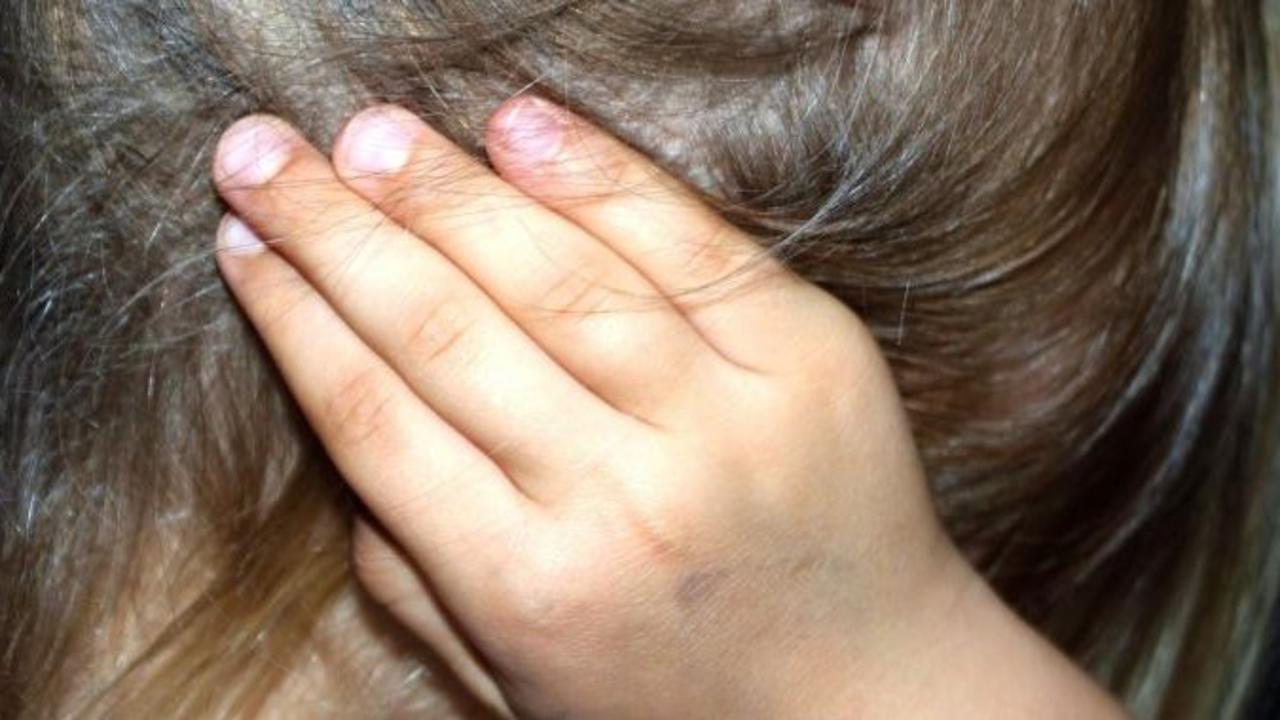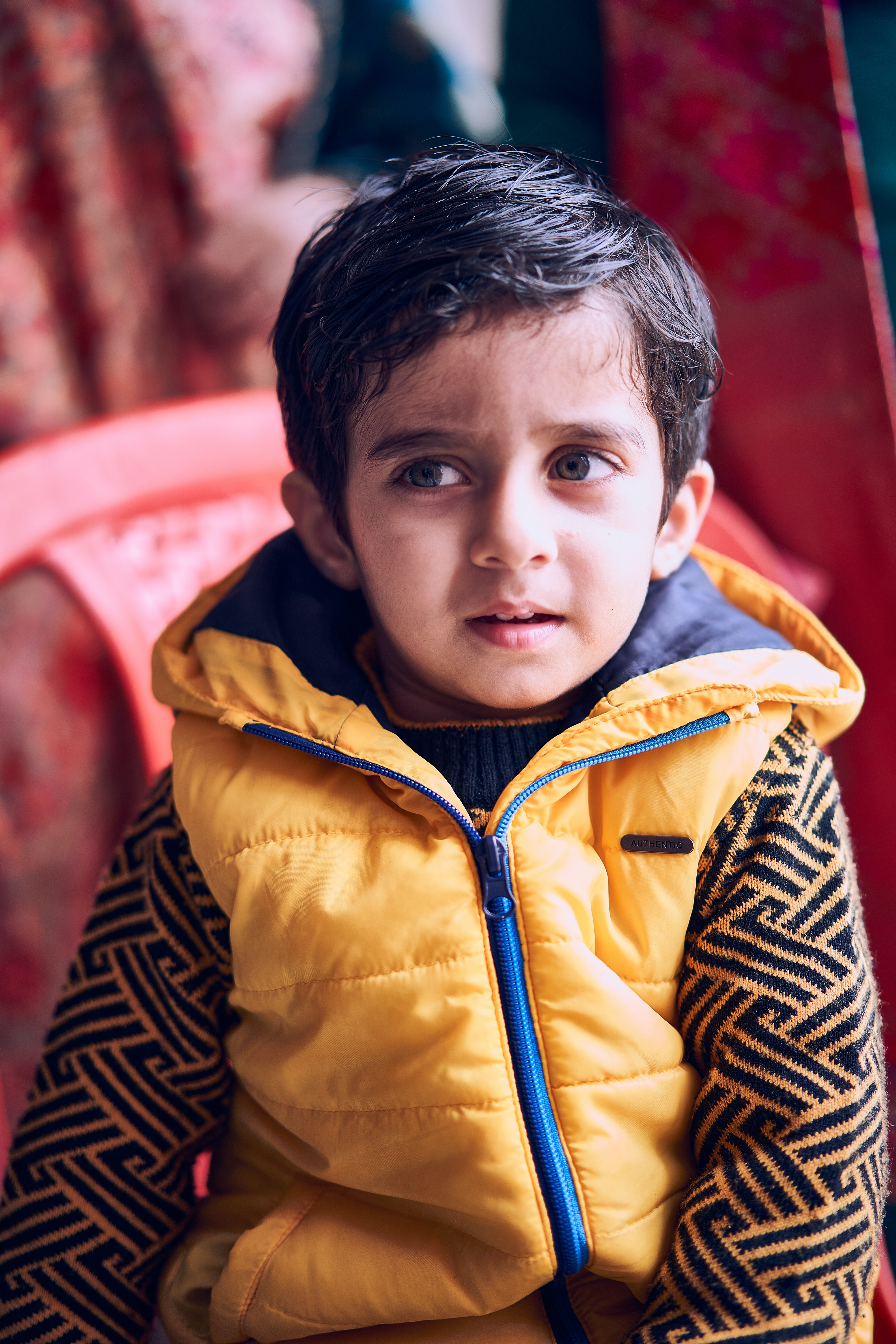Childhood Trauma and Memory Loss
May 24, 2018
Many adult survivors of traumatic abuse and experiences suffer from memory loss.
Although many trauma survivors are able to remember how they felt when they were children, they do not always remember why they felt or feel the way they do today. They may feel like they were abused, but they might not remember precisely why they feel that way.
It is my belief that the more we understand our brains and how they work, the quicker we are able to heal.
Not knowing 'the why' we feel the way we do drives most human beings crazy.
This is because the brain is always looking for resolution and it seems our minds are willing to drive themselves crazy looking for answers. At times our brains will even make up stories to fit what is happening in our lives just to help us 'feel' more in control of what is happening in the now.
This is why children assume they are at fault when mommy and daddy abuse them.
Children Assume Blame
When the child assumes responsibility for the abuse, the traumatic events make sense to the child's innocent mind. "Mommy beat me because I am bad," although is an inappropriate thought, it is a thought that helps the child make sense out of a situation they are not physically in control over.
Faulty Sense of Control
There is another safety precaution that gets to be addressed in this type of thinking as well.
If a child is responsible for being abused, then on some level the child will feel like they can stop the abuse.
The thinking sounds something like, "If I started it, I can stop it, and one day I will figure out just how to do that." This form of thinking offers the child a much-needed sense of hope as well as control over their dire circumstances.
Children who are stuck 'marinating' in trauma over their lifetimes may not always remember their traumas. When trauma and stress are the norms, events become blurred. Nothing that happens seems 'out of the ordinary. Abuse and neglect are the norms.
As adults, many abuse survivors do not even recognize they were abused as children.
1.) If nobody (adults/authorities) 'acts like' what you are going through is abusive, it is difficult if not impossible to acknowledge that what you are going through is abusive.
2.) If abuse is the norm, then it is the norm and does not seem abnormal.
3.) The brain under stress has a difficult time recalling vivid memories related to specific traumas.
Victims Need a Witness
Children who are being abused need a witness. They need an adult from the outside to acknowledge for them that what they are going through is inappropriate and not their fault. Otherwise, children will assume everything that is happening is their fault, and because abuse is the norm, they will not be able to identify the fact that what they have suffered was in fact abuse. When this is the case, abused adult children stay below the veil of consciousness, believe everything that is going wrong in their life is their fault, attract abusive partners, suffer from low self-worth, become addicted, and attract abusive partners as well as friends. Without awareness, the cycles of abuse continue.
Memory Loss

It is very common for abused adult children to suffer from memory loss related to traumatic experiences. When the brain is put on high alert due to a traumatic experience, the adrenal glands secrete cortisol readying the victim to fight or flee. What people don't usually think about is the third panic response which is called 'the freeze response'.
Children are TOTALLY powerless to their abusers, and they can neither flee nor fight, so what they do then is freeze. And this is not their fault.
When the brain understands it cannot get away from an abuser or abusive situation, the brain floods with cortisol. When this happens under extreme stress, cortisol hijacks the hippocampus. The hippocampus is the area of the brain that is responsible for 'cataloging memories'. The amygdala will alert the brain that danger is near and it is the hippocampus that will file all the data associated with the danger within the brain for later use. Cataloging events helps the brain stay more aware of the next possible attack. But, when it comes to powerless children, who are living with their abusers or sent to be taken care of by their abusers and alike, collected data is useless, because children are powerless.
Freeze Response
When your mind has resolved itself to the idea that it can neither fight nor flee, it will freeze. Your body will begin to secrete endorphins which will help numb you to the pain of the moment. You will dissociate from what is happening at the moment. Your mind goes someplace else and it as if you are experiencing an out-of-body experience. You feel dead, disconnected, and as if your head is not attached to your body. And believe it or not, this is also a defense mechanism as well.
When the mind has presumed it cannot fight nor flee from an attack, the brain becomes overwhelmed with analgesic-type chemicals, and the body is saved from physical pain. In the case of small children, having the hippocampus overwhelmed can help prevent a child from splitting psychologically. There are things that can happen to a child that is capable of causing a child to feel insane or to suffer psychotic breaks. This is a sad but true fact.
The Good News

The really good news is that as adults we can learn to transcend the energy of these past traumas and discharge their toxicity.
This is of course, in and of itself a painful process, but it is possible. Many abused adult children may not even realize that they may be dissociating as a way of life.
Freezing becomes a way of relating to the world and the only way to heal from it is to learn how to re-associate with our feelings. It is far better for abused adult survivors to be aware they are depressed than it is for them to be totally numb. It is far better for an abused adult to be aware they are angry than it is to feel nothing at all. The hippocampus is also capable of regeneration. With the right guidance, information, goals, and mindset it is possible for trauma survivors to reclaim their lives! The brain is a moldable thing.
We are not doomed because we have suffered from childhood traumas. We can overcome, learn to process, and feel our emotions again. We can learn to be self-correcting and become able to regulate our emotions.
Is this easy to learn how to do?
Hell no!
But, it is possible!






